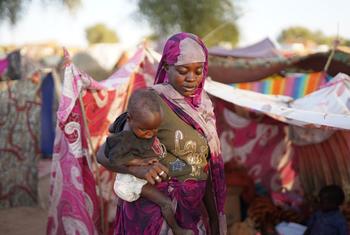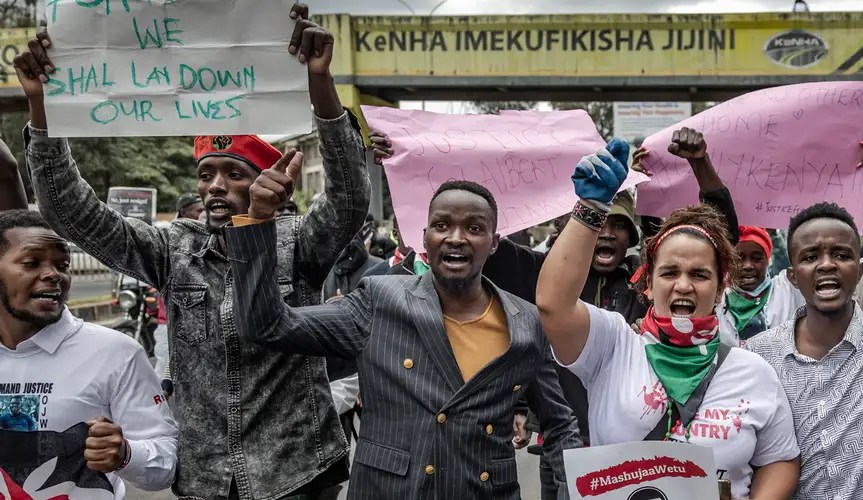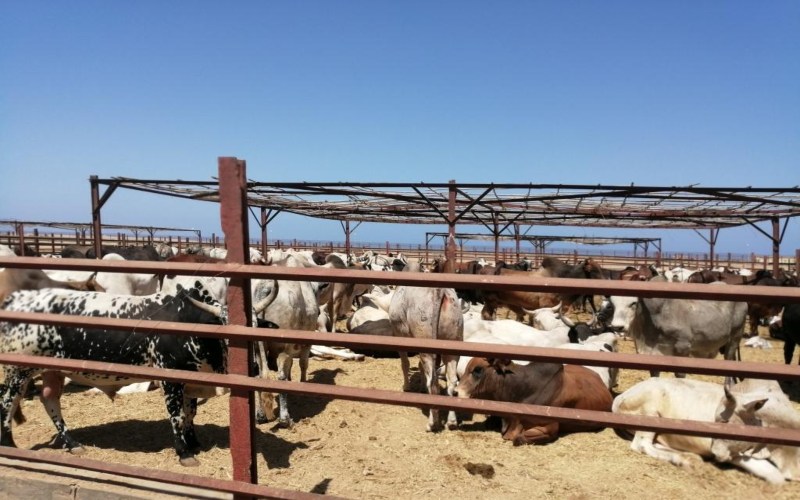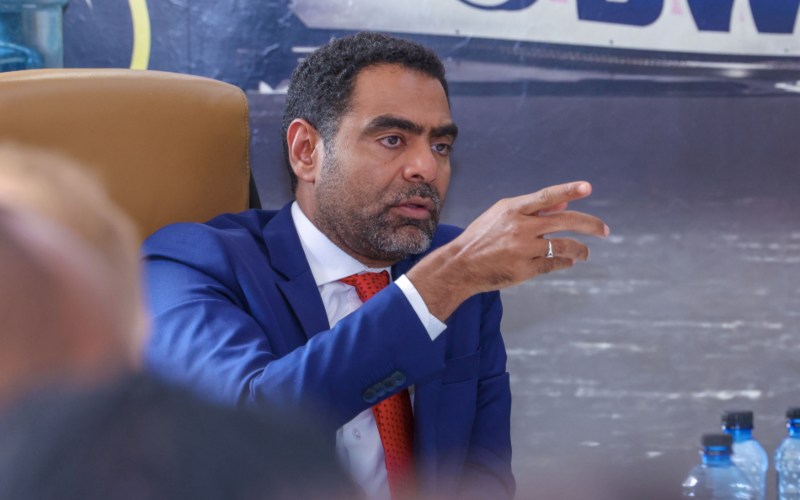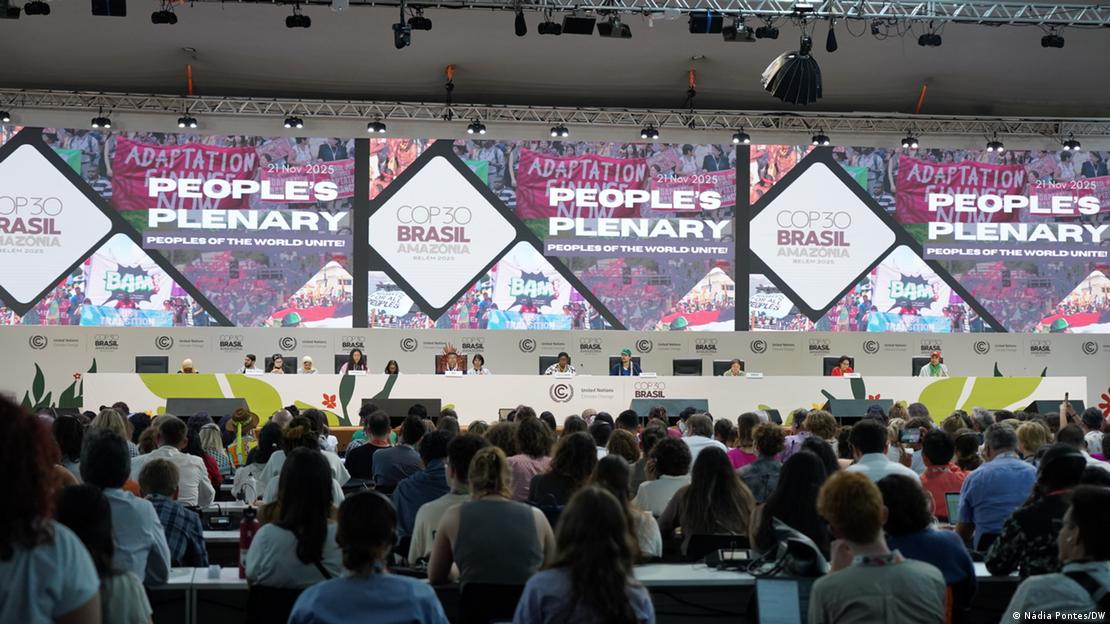Somalia warns citizens lacking national IDs will be denied government services
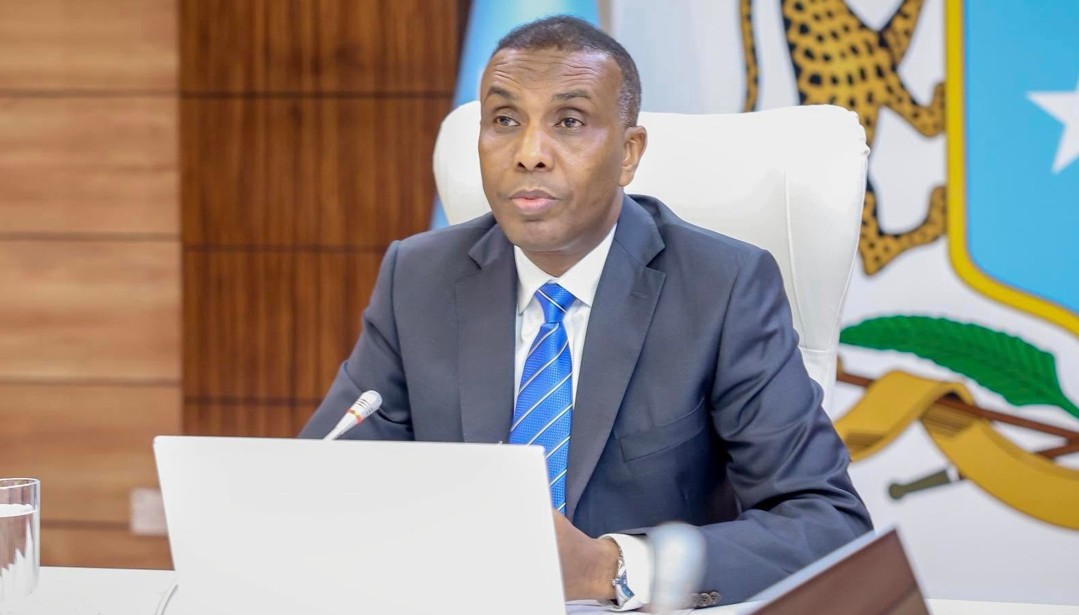
PM Hamza said the new ID directive will help eliminate decades-long gaps in personal identification, curb fraud and enhance public safety, especially in the capital Mogadishu where crime is rampant.
In a bid to encourage ordinary citizens in Somalia to acquire national identification cards, the public will now be required to produce a national ID to access public services, Prime Minister Hamza Abdi Barre announced on Monday.
The Somali PM announced this in Mogadishu during a government rollout of the national ID system and its integration with state services. The move is aimed at formalising the identification process and helping improve national security.
More To Read
- AfDB grants full debt relief to Somalia after decades of economic turmoil
- Trump faces rising backlash over remarks targeting Somali immigrants
- Somalia welcomes first group of Sudanese students under new scholarship programme
- Mogadishu’s Hamarweyne market shut for third day amid tax dispute
- How to make sweet and savoury plantains at home
- Somalia on high alert as Marburg virus outbreak hits neighbouring Ethiopia
The PM said the new ID directive will help eliminate decades-long gaps in personal identification, curb fraud and enhance public safety, especially in the capital Mogadishu where crime is rampant.
“All government agencies and those that offer services are hereby ordered not to render any services without a national ID card. There is nowhere in the world where people are served without proof of ID. This contributes to political and economic development and will help the Somali public to live in peace as it also is linked to security,” PM Hamza said.
The National Identification and Registration Authority is the official government agency responsible for the registration of persons. The agency has started issuing ID cards across the country.
The process is part of ongoing government reforms aimed at modernising public services and helping to rebuild public trust in state institutions, which have been lacking for decades in a country slowly emerging from ruins and civil war.
Data protection
PM Hamza reassured the Somali public that data protection policies to safeguard citizens' information are now in place and said his government is committed to registering the public en-mass to ensure citizens have access to digital identification, which is critical in advancing Somalia's development and governance.
"We have today moved towards a government that knows its people, whose borders are secure and which reaches economic development and self-sufficiency to at par with the rest of the world and, at the same time, has good governance, respect of rule of law and economic advancement with competent agencies able to serve its people and provide quality services,” he added.
The Somali PM said the ongoing digitisation of government services, including the registration of persons, will pave the way for other advanced economic, political and security development in Somalia, with the hope this will lead to improving lives and reach a point when the public can access government services from the comfort of their homes.
Top Stories Today





